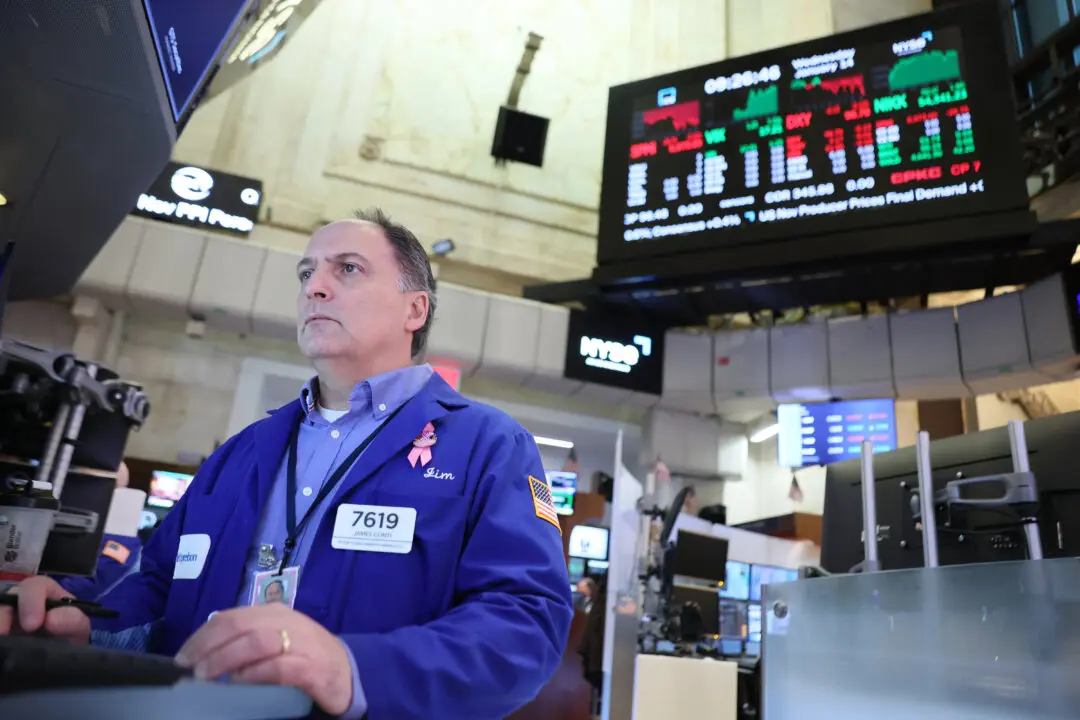Now that earnings season is virtually over, I’d say our energy stocks have emerged as market leaders and exhibited tremendous relative strength in an otherwise weak August market. I have often written that I do not like August, since it is a month too often characterized by light trading volume and some resulting trader shenanigans, as algo-driven traders often take advantage of light volume to manipulate prices.
The latest market shenanigans come from “zero-day options,” causing sharp sell-offs or short covering rallies. Amazingly, zero-day options (which expire on the same day they are issued) now account for 43% of all options, up from only 6% back in 2017. This essentially means that the “tail is wagging the dog” via daily market swings generated by ultra-short-term trading. In our firm, as I said on Friday’s podcast, we like to call these option gyrations “Skynet,” after the Terminator movies – where AI takes over the world.





